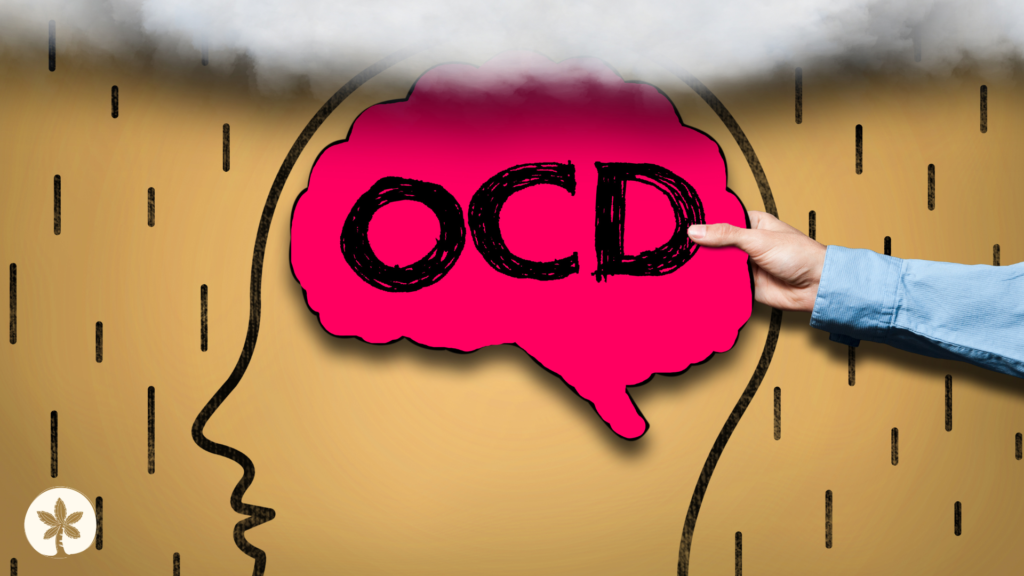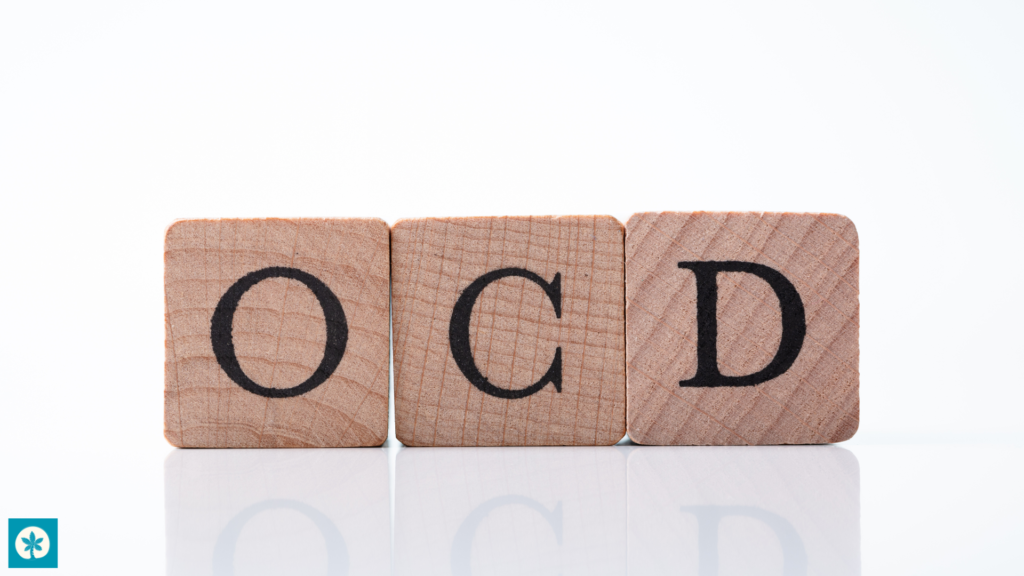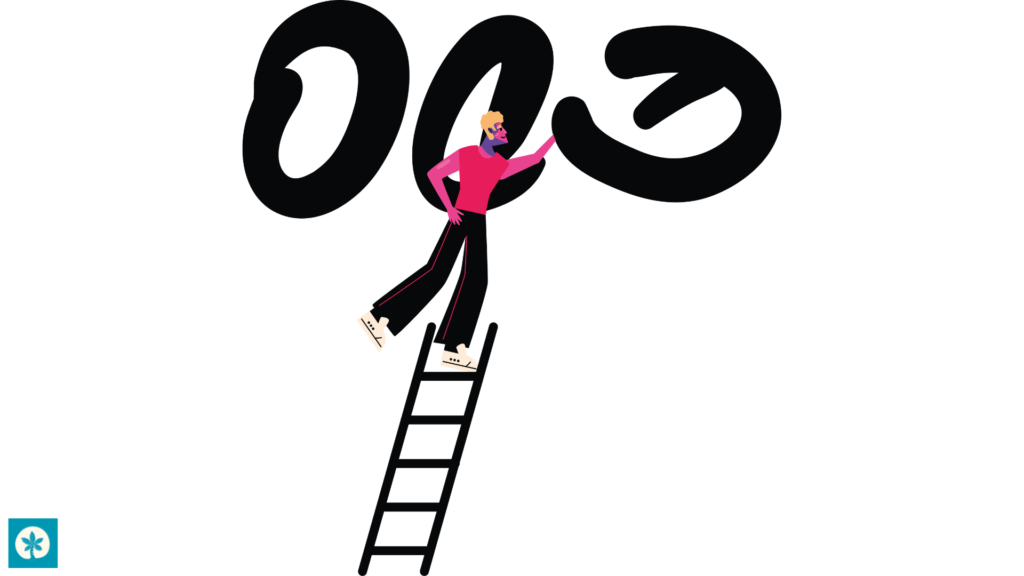Managing OCD in McAllen TX can feel overwhelming—but you’re not alone. Obsessive-Compulsive Disorder (OCD) is a mental health condition that causes persistent, unwanted thoughts (obsessions) and repetitive behaviors (compulsions). These cycles can interfere with daily life, but with the right support and tools, you can take control. In this post, we’ll explore effective therapy approaches, practical coping strategies, and lifestyle changes to help you manage OCD and start feeling more in charge of your mind.
Understanding OCD
Before we talk about managing OCD, it’s important to understand how it works.
- Obsessions are intrusive, distressing thoughts, images, or urges—like fears of contamination, harm, or forgetting something important.
- Compulsions are the repetitive behaviors or mental acts people perform to try to ease the anxiety—like hand-washing, checking, or mentally reviewing events.
This cycle is tough to break, but it’s absolutely possible with consistent effort and the right approach.

Therapy for Managing OCD in McAllen TX
If you’re in McAllen and searching for therapy, here are the most effective approaches:
1. Cognitive Behavioral Therapy (CBT) and Exposure and Response Prevention (ERP)
CBT, especially ERP, is the gold standard for treating OCD. ERP involves gradually facing the fear (exposure) and resisting the urge to perform the compulsion (response prevention). Over time, anxiety decreases and compulsions lose their grip.
2. Mindfulness-Based Therapy
Mindfulness helps you observe obsessive thoughts without reacting. It teaches you to stay grounded in the present and reduce the power OCD has over your attention.
3. Acceptance and Commitment Therapy (ACT)
ACT encourages you to accept difficult thoughts rather than avoid them, and focus on actions that align with your values. This is especially helpful when OCD symptoms can’t be fully eliminated but can be lived with more peacefully.

Coping Strategies to Manage OCD
1. Challenge Unhelpful Thoughts
Ask yourself: Is this fear realistic? What’s the actual evidence? Noticing distorted thinking patterns helps reduce their power.
2. Reduce or Delay Compulsions
Start small—delay a compulsion by 30 seconds. Then 1 minute. Then 5. With practice, you’ll build tolerance for discomfort and start breaking the cycle.
3. Practice Relaxation
Use deep breathing, progressive muscle relaxation, or meditation to manage anxiety when obsessions arise.
4. Create a Supportive Environment
Educate your loved ones about OCD and let them know how they can help without enabling compulsions.
5. Set Realistic, Measurable Goals
Start with a specific goal like, “I’ll wait 10 minutes before re-checking the stove.” Progress is progress, no matter how small.
Lifestyle Changes that Support OCD Treatment
1. Maintain a Consistent Routine
Daily structure can ease uncertainty and reduce triggers. Build in moments for self-care and downtime.
2. Exercise Regularly
Exercise is a natural stress reliever that boosts mood and can reduce overall anxiety.
3. Prioritize Sleep
Aim for 7–9 hours each night. Poor sleep can make OCD symptoms harder to manage.
4. Watch Your Diet
Limit caffeine and sugar. Eat balanced meals to support your brain and nervous system.
5. Stay Connected
Whether it’s with friends, family, or a support group, connection matters. OCD thrives in isolation—don’t go it alone.
When to Seek Help for OCD in McAllen
If OCD is interfering with your work, relationships, or peace of mind, don’t wait. Therapy—especially CBT with ERP—can be life-changing. A trained therapist can help you build a plan that works for you.
You Don’t Have to Do This Alone
Managing OCD in McAllen TX starts with the right support system. At Saname Counseling, we offer evidence-based therapy to help you break free from the OCD cycle. Whether you’re looking for weekly support or just starting to explore your options, we’re here to help.
Call or Text: 956-434-2520
Email: hello@sanametx.com
Visit our homepage to learn more or schedule your first appointment.


